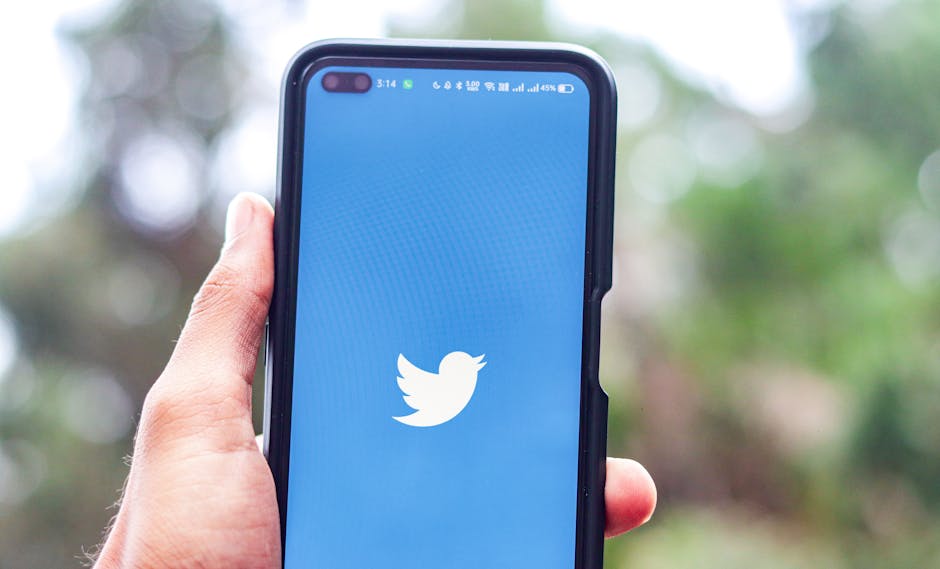Social Media’s Growing Influence on Food and Beverage Purchase Decisions in 2025
Social media marketing’s impact on consumer purchase intention within the food and beverage (F&B) industry is increasingly significant in 2025. A recent study published in the *International Journal of Information Technology* highlights the mediating role of consumer trust in this relationship, indicating that effective social media strategies significantly boost sales when trust is established. This trend represents a major shift in consumer behavior and marketing strategies.
The Mediating Role of Trust in Social Media Marketing
The 2025 study emphasizes the crucial role of trust in mediating the connection between social media marketing practices and consumer purchase intention in the F&B sector. Consumers are more likely to make a purchase when they trust the brand’s online presence. This trust is built through various factors, including consistent brand messaging, authentic content, and positive customer reviews visible on social media platforms. The study suggests a strong correlation between high levels of perceived trustworthiness and increased purchase likelihood.
Building Trust through Transparency and Engagement
Building consumer trust on social media requires a multi-pronged approach. Transparency regarding ingredients, sourcing, and production processes is highly valued. Brands that actively engage with their audience through comments, questions, and direct messaging foster a stronger sense of community and connection. Furthermore, brands must prioritize genuine interactions and avoid overly promotional content, which often backfires and decreases consumer trust. This delicate balance requires careful consideration and consistent effort.
Specific Social Media Marketing Practices and Their Effectiveness
The research indicates that specific social media marketing practices are more effective than others in driving purchase intent. High-quality visuals, such as professional food photography and videos, are consistently found to be highly impactful. Influencer marketing, when executed responsibly and ethically, also yields positive results. Conversely, aggressive promotional tactics, such as excessive discounting or misleading advertising, can damage brand credibility and ultimately reduce purchase intent. The study underscores the importance of strategic planning and ethical considerations.
Data-Driven Insights from the 2025 Study
The study’s findings offer valuable insights for F&B businesses. Key takeaways include:
- High-quality visual content significantly increases purchase intention.
- Authentic engagement with consumers builds trust and enhances brand loyalty.
- Ethical influencer marketing campaigns yield positive results.
- Transparency in sourcing and production processes fosters consumer trust.
- Aggressive promotional tactics often backfire and damage brand reputation.
These insights underline the need for a nuanced approach to social media marketing, focusing on building relationships rather than simply driving immediate sales.
The Future of Social Media Marketing in the F&B Industry
The evolving landscape of social media necessitates continuous adaptation and innovation. Emerging technologies such as augmented reality (AR) and virtual reality (VR) offer new opportunities to enhance consumer engagement and create immersive brand experiences. The integration of AI-powered tools for personalized marketing and customer service is also gaining traction. However, challenges remain in navigating the ever-changing algorithms and regulations governing social media platforms. The constant evolution of these platforms requires adaptability and ongoing investment in learning and development.
Navigating Challenges and Embracing Opportunities
Maintaining ethical practices while leveraging the potential of new technologies will be crucial for success. Transparency and accountability remain key elements of building and sustaining consumer trust. Brands must actively address negative feedback and respond to customer concerns promptly and effectively. The ability to adapt to platform changes and emerging trends will be a decisive factor in determining market leadership. Addressing these challenges and understanding the changing media consumption patterns will be critical for success in the coming years.
The Broader Implications for the F&B Sector
The increasing reliance on social media for purchase decisions has significant implications for the broader F&B industry. Small and independent businesses can leverage social media to compete with larger corporations, reaching wider audiences and building brand loyalty. However, the cost of maintaining an active and engaging social media presence can be a barrier to entry for some businesses. There is also a risk that over-reliance on social media marketing could lead to neglecting other vital aspects of business operation, such as product quality and customer service. A balanced approach is needed to avoid such pitfalls.
Challenges and Opportunities for Small Businesses
Social media provides a level playing field for smaller F&B businesses to compete with larger corporations. However, many small businesses lack the resources and expertise for effective social media marketing. This disparity underscores the need for training and support programs to empower small businesses to harness the full potential of these platforms. Furthermore, maintaining consistent content creation and engagement requires significant time and effort. Finding this balance will help small businesses grow in a fast-paced world.
Conclusion
The 2025 study strongly suggests that social media marketing, when implemented strategically and ethically, significantly impacts consumer purchase intention within the F&B sector. Building trust through transparency, authentic engagement, and high-quality content is paramount to success. The industry must adapt to the changing social media landscape, embracing emerging technologies while prioritizing ethical considerations. The future of F&B marketing lies in fostering genuine connections with consumers and building lasting brand loyalty. Continued research and analysis will be vital in navigating this dynamic environment.

